Miguel Nicolau
INRIA Saclay - Ile de France, LRI
Improving Fitness Functions in Genetic Programming for Classification on Unbalanced Credit Card Datasets
Apr 11, 2017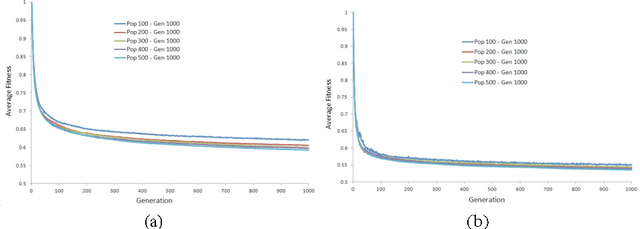
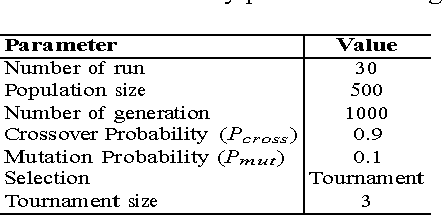
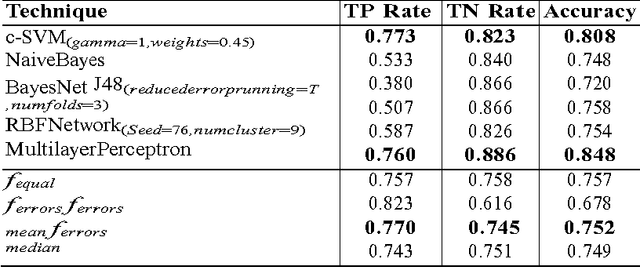
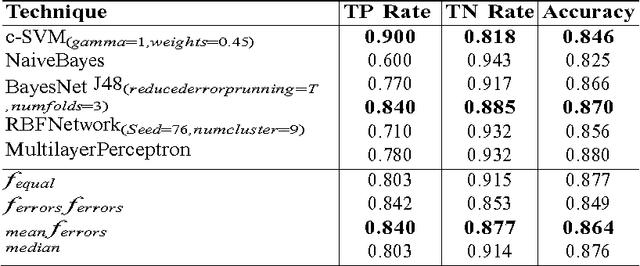
Abstract:Credit card fraud detection based on machine learning has recently attracted considerable interest from the research community. One of the most important tasks in this area is the ability of classifiers to handle the imbalance in credit card data. In this scenario, classifiers tend to yield poor accuracy on the fraud class (minority class) despite realizing high overall accuracy. This is due to the influence of the majority class on traditional training criteria. In this paper, we aim to apply genetic programming to address this issue by adapting existing fitness functions. We examine two fitness functions from previous studies and develop two new fitness functions to evolve GP classifier with superior accuracy on the minority class and overall. Two UCI credit card datasets are used to evaluate the effectiveness of the proposed fitness functions. The results demonstrate that the proposed fitness functions augment GP classifiers, encouraging fitter solutions on both the minority and the majority classes.
Evolving Genes to Balance a Pole
May 17, 2010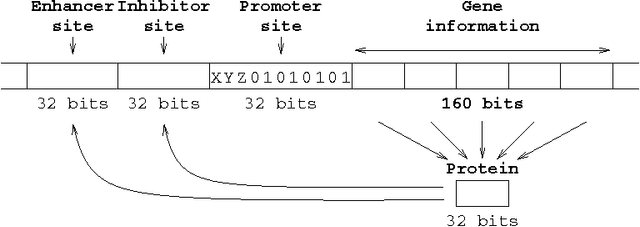


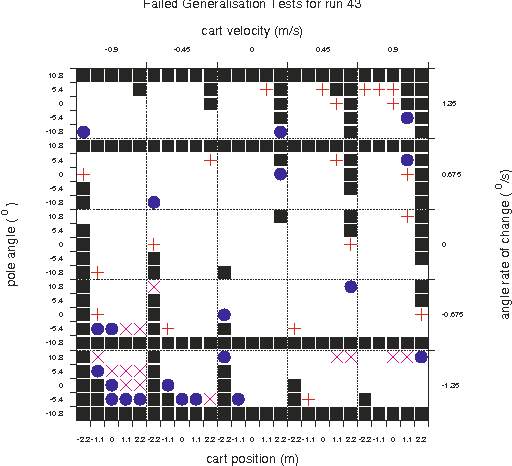
Abstract:We discuss how to use a Genetic Regulatory Network as an evolutionary representation to solve a typical GP reinforcement problem, the pole balancing. The network is a modified version of an Artificial Regulatory Network proposed a few years ago, and the task could be solved only by finding a proper way of connecting inputs and outputs to the network. We show that the representation is able to generalize well over the problem domain, and discuss the performance of different models of this kind.
 Add to Chrome
Add to Chrome Add to Firefox
Add to Firefox Add to Edge
Add to Edge